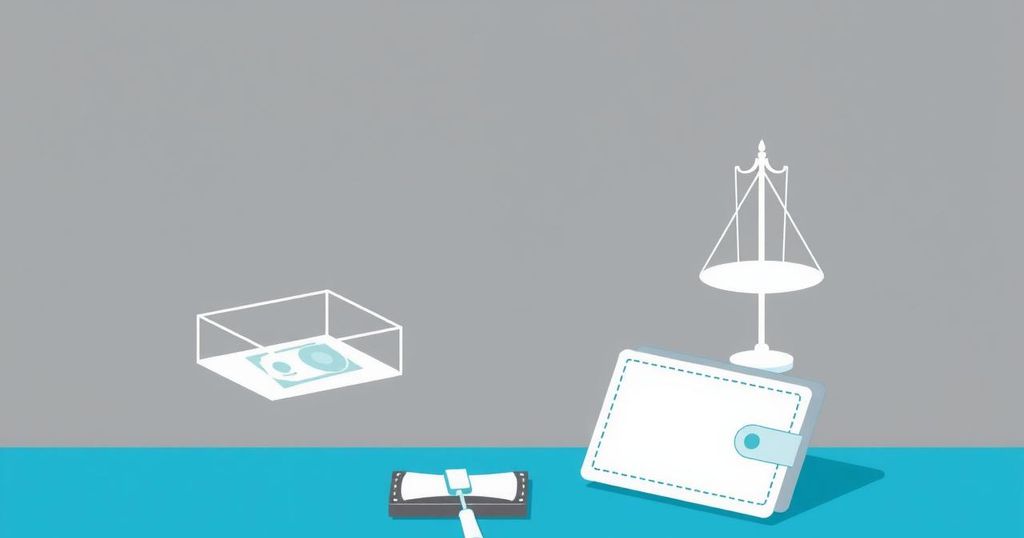Nigerians Criticize Lawmakers for Prioritizing Pornography Ban Over Economic Issues

Nigerians are outraged by the House of Representatives’ proposal to ban pornography, viewing it as misplaced priorities in light of pressing economic issues like rising costs and insecurity. The decision, defended by lawmakers as necessary for preserving moral values, faces significant public criticism as citizens call for focus on more critical issues affecting their daily lives.
Nigerians are expressing strong discontent with lawmakers’ recent decision to prioritize a ban on pornography amid significant economic issues. The House of Representatives recently urged the Nigerian Communications Commission (NCC) to instruct Internet Service Providers (ISPs) to block pornographic websites, asserting that cyber pornography represents a significant global issue. This motion, sponsored by Dalhatu Tafoki from Faskari/Kankara/Sabuwa, is viewed by many as a misallocation of resources when faced with pressing challenges such as rising food prices, insecurity, and unemployment.
Many citizens argue that concerns such as pornography pale in comparison with the skyrocketing costs of living. Social media reactions highlight a consensus that legislative efforts should focus on essential problems directly affecting the populace’s daily lives. Critics like Sunday Osuyak criticized the lawmakers for failing to address major national issues, accusing them of wasting public resources on inconsequential matters.
Observers have pointed out the lawmakers’ apparent disregard for the financial burdens citizens endure. Concerns are raised over increasing data costs from network providers and other essential services. Popular commentator Martina Vincent Otse highlighted the disconnect between legislative priorities and the economic realities facing most Nigerians, arguing that a focus on internet censorship distracts from more urgent socioeconomic issues.
Despite the backlash, the Green Chamber maintains that the ban aligns with actions taken in various countries across Asia, Africa, and the Middle East. They argue that exposure to pornography contributes to marital deception and undermines family structures by promoting unrealistic expectations and dangerous behaviors. The House has instructed the NCC to enforce regulations on ISPs that do not comply with this directive, illustrating a persistent focus on legislative measures that many citizens believe are misaligned with their needs.
In summary, the House of Representatives’ initiative to ban pornography has sparked significant backlash from Nigerians who prioritize addressing the nation’s looming economic challenges. Public sentiment reflects dissatisfaction with lawmakers who seem to prioritize moral legislation over pressing issues like inflation and security. The ongoing discourse underscores the urgent call for governmental focus on practical solutions that directly enhance citizens’ quality of life, rather than contentious regulatory actions.
Original Source: businessday.ng







